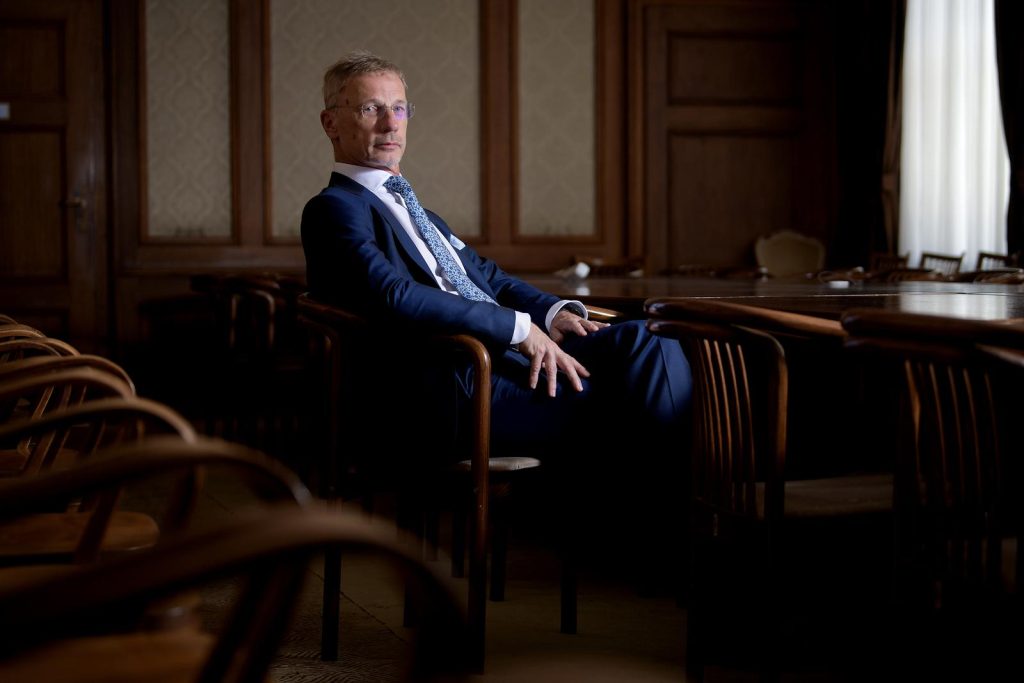October the 12th, 2024 – Croatian National Bank (CNB) governor Boris Vujčić has stated that Croatia has enjoyed a multitude of benefits since Eurozone accession.
As Poslovni Dnevnik writes, this week, Zagreb is the international hub for financial and business experts of IMAP, one of the most successful international companies specialising in M&A transactions. The Zagreb conference brought together more than 130 IMAP representatives from 34 countries around the world, and the host of this gathering of international M&A experts is IMAP SEE, headquartered right here in in Zagreb.
The Zagreb office has been advising companies and owners on sales and acquisitions across the markets of Croatia, Slovenia, Serbia and Bosnia and Herzegovina for more than 20 years, and is the leading regional M&A adviser for medium-sized enterprises.
On the occasion of hosting this conference in Zagreb, the president of the global IMAP Board of Directors and the founder of IMAP SEE, Jurgis Oniunas, pointed out: “We’ve been part of IMAP since 2005 and during good and bad economic periods we’ve always relied on the help of our IMAP member partners to provide support to our clients in Croatia and the region. As a result, 70% of our M&A transactions are cross-border deals with investors from 15 countries. This is our 21st anniversary, and we’re proud to share this celebration with our friends and colleagues from all over the world, and present them with the beauty and opportunities of this country.”
The regular gathering of IMAP representatives from around the world otherwise provides an opportunity for leading M&A experts to share their experiences on current geopolitical and economic challenges, as well as analyse their impact on the market of medium-sized companies, which is the focus of their business.
The special guest of the Zagreb conference was CNB Governor Boris Vujčić, who spoke about Croatia’s entry into the Eurozone and the effect of that process on foreign investments. “Croatia has already realised considerable benefits from Eurozone accession: greater macro-financial resilience, relatively lower borrowing costs and more efficient international trade. The disappearance of risks and costs associated with exchange rate movements, higher credit ratings and generally improved macroeconomic results are expected to encourage investments – both domestic and foreign alike – in the medium and long term. An excellent example of the increasing attractiveness of Croatia as an investment destination is the recent opening of the high-tech JABIL plant in Osijek,” said Governor Boris Vujčić of Eurozone membership.
One of the key presentations at the Zagreb conference was given by Krisztián Orbán, who spoke about current geopolitical events and their impact on economic trends and industrial strategies of the USA, China and the EU. “In these turbulent times, new power relations are being established, shaped by competition between the US and China, shifting alliances and political divisions within the great powers. With the increase in instability caused by wars and political turmoil within countries, national interests increasingly give way to the interests of ruling structures, which represents an obstacle to international stability and makes cooperation between countries more difficult,” said Krisztián Orbán, director and partner at Oriens.
An interesting lecture on the state of the M&A market in Ukraine was held by Oleksiy Rashchupkin from Altius Capital, who spoke about the numerous investment opportunities that are opening up in Ukraine and pointed out that the mergers and acquisitions (M&A) market is recovering after a significant decline in 2022. Industries such as technology, transportation, infrastructure and agriculture are currently seeing the most activity, while recovery needs are estimated at an impressive 1 trillion USD.
Rashchupkin also emphasised that Ukraine’s GDP is expected to grow by 3.5% in 2024, with positive indicators for further growth. Despite the war and ongoing related challenges, Ukraine has shown more than exceptional resilience since the start of Russian aggression in 2022, with as many as 89% of businesses still remaining operational.








